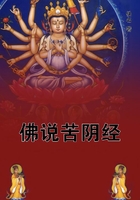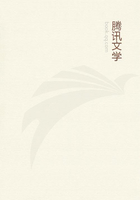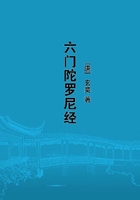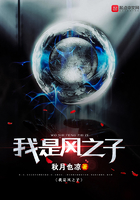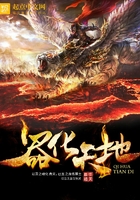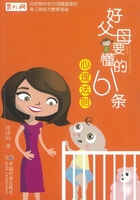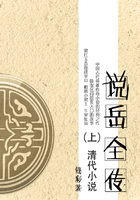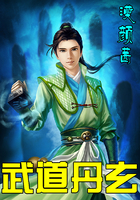At last before our eyes the abode of the Living Buddha! At the foot of Bogdo-Ol behind white walls rose a white Tibetan building covered with greenish-blue tiles that glittered under the sunshine.
It was richly set among groves of trees dotted here and there with the fantastic roofs of shrines and small palaces, while further from the mountain it was connected by a long wooden bridge across the Tola with the city of monks, sacred and revered throughout all the East as Ta Kure or Urga. Here besides the Living Buddha live whole throngs of secondary miracle workers, prophets, sorcerers and wonderful doctors. All these people have divine origin and are honored as living gods. At the left on the high plateau stands an old monastery with a huge, dark red tower, which is known as the "Temple Lamas City," containing a gigantic bronze gilded statue of Buddha sitting on the golden flower of the lotus; tens of smaller temples, shrines, obo, open altars, towers for astrology and the grey city of the Lamas consisting of single-storied houses and yurtas, where about 60,000 monks of all ages and ranks dwell;schools, sacred archives and libraries, the houses of Bandi and the inns for the honored guests from China, Tibet, and the lands of the Buriat and Kalmuck.
Down below the monastery is the foreign settlement where the Russian, foreign and richest Chinese merchants live and where the multi-colored and crowded oriental bazaar carries forward its bustling life. A kilometre away the greyish enclosure of Maimachen surrounds the remaining Chinese trading establishments, while farther on one sees a long row of Russian private houses, a hospital, church, prison and, last of all, the awkward four-storied red brick building that was formerly the Russian Consulate.
We were already within a short distance of the monastery, when Inoticed several Mongol soldiers in the mouth of a ravine nearby, dragging back and concealing in the ravine three dead bodies.
"What are they doing?" I asked.
The Cossacks only smiled without answering. Suddenly they straightened up with a sharp salute. Out of the ravine came a small, stocky Mongolian pony with a short man in the saddle. As he passed us, I noticed the epaulets of a colonel and the green cap with a visor. He examined me with cold, colorless eyes from under dense brows. As he went on ahead, he took off his cap and wiped the perspiration from his bald head. My eyes were struck by the strange undulating line of his skull. It was the man "with the head like a saddle," against whom I had been warned by the old fortune teller at the last ourton outside Van Kure!
"Who is this officer?" I inquired.
Although he was already quite a distance in front of us, the Cossacks whispered: "Colonel Sepailoff, Commandant of Urga City."Colonel Sepailoff, the darkest person on the canvas of Mongolian events! Formerly a mechanician, afterwards a gendarme, he had gained quick promotion under the Czar's regime. He was always nervously jerking and wriggling his body and talking ceaselessly, making most unattractive sounds in his throat and sputtering with saliva all over his lips, his whole face often contracted with spasms. He was mad and Baron Ungern twice appointed a commission of surgeons to examine him and ordered him to rest in the hope he could rid the man of his evil genius. Undoubtedly Sepailoff was a sadist. I heard afterwards that he himself executed the condemned people, joking and singing as he did his work. Dark, terrifying tales were current about him in Urga. He was a bloodhound, fastening his victims with the jaws of death. All the glory of the cruelty of Baron Ungern belonged to Sepailoff. Afterwards Baron Ungern once told me in Urga that this Sepailoff annoyed him and that Sepailoff could kill him just as well as others. Baron Ungern feared Sepailoff, not as a man, but dominated by his own superstition, because Sepailoff had found in Transbaikalia a witch doctor who predicted the death of the Baron if he dismissed Sepailoff. Sepailoff knew no pardon for Bolshevik nor for any one connected with the Bolsheviki in any way. The reason for his vengeful spirit was that the Bolsheviki had tortured him in prison and, after his escape, had killed all his family. He was now taking his revenge.
I put up with a Russian firm and was at once visited by my associates from Uliassutai, who greeted me with great joy because they had been much exercised about the events in Van Kure and Zain Shabi. When I had bathed and spruced up, I went out with them on the street. We entered the bazaar. The whole market was crowded.

